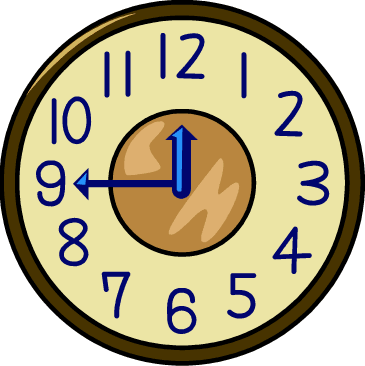ESL Politics Listening
This ESL politics listening page has tasks for you to do where you need to listen to spoken politics words and answer questions. Getting experience listening is quite difficult, but this page will help as you can listen to the words being used in realistic situations.

In each of the exercises on this page you need to listen to politics vocabulary being used and spoken by a native English speaker. Then when you have understood the spoken vocabulary you will need to answer questions or write something about it. For each of the tasks you can listen to the recordings as many times as you need. There is also a recording of all the politics words being spoken by a native English speaker on the ESL politics vocabulary page.
This page has the following four listening exercises:
- Identification of spoken word order.
- Identification of spoken meaning.
- Listening comprehension passage.
- Dictation passage.
ESL Politics Listening Exercises
Exercise 1 – Identification of Spoken Word Order
In this ESL politics listening exercise you need to listen to the following recording and then decide which option (A-D) in each question has the words listed in the same order as they are spoken in the recording. When you have finished you can use the get score button to see the correct answers.
ESL Politics Identification of Spoken Word Order
Listen to the recording of the five groups of five words each given above and decide which option (A-D) in the five questions in this test has the correct order.

Exercise 2 – Identification of Spoken Definition
In the next ESL politics listening task you need to decide which option (A-D) from each question has the word that matches the spoken definitions in the recording. Again you can see the correct answers using the get score button.
ESL Politics Listening Identification of Vocabulary Meaning
Listen to the recording of the meanings of the five vocabulary words given above and decide which word out of the options (A-D) in each question matches the meaning.
Exercise 3 – Listening Comprehension
Now, for this ESL politics listening activity you need to listen to the recording of a spoken passage and then answer the questions that follow it. You can see the correct answers by clicking the get score button.
At the end of the page there is a link for you to use that will show the full text of the passage so you can read it and check your understanding of the recording.
ESL Politics Listening Comprehension
Listen to the recording of the passage about politics above and answer the following five questions.
Exercise 4 – Dictation
For the last ESL politics exercise you need to listen to the following recording of a spoken passage and then write it down. When you listen you need to try to understand each word and then write it down. The recording has the passage being spoken twice. The first time is at a slow speaking speed while the second time has pauses after every few words and the punctuation spoken as well.
At the end of the page there is a link so you can see the full text of the passage and check your answer.
Show Passage »
Dictation Passage
Show Passage »
Other Pages about Politics that You Might Like
ESL Politics Conversations
ESL Politics Reading
ESL Politics Vocabulary
ESL Politics Writing
ESL 4u home › Listening › Politics


|
|



New! Comments
Have your say about what you just read! Leave me a comment in the box below.